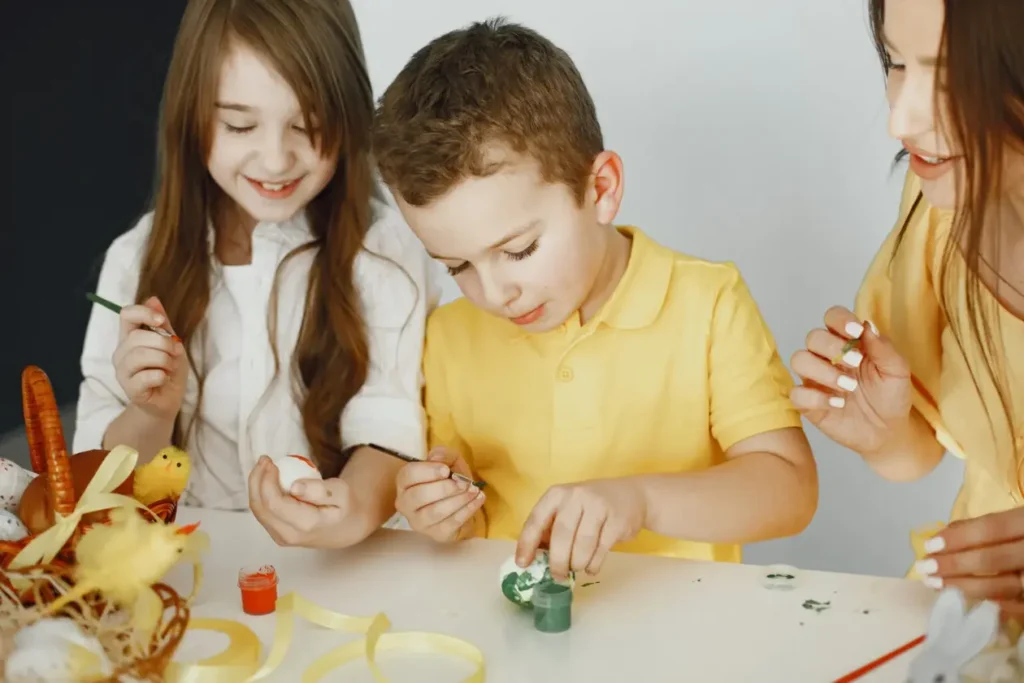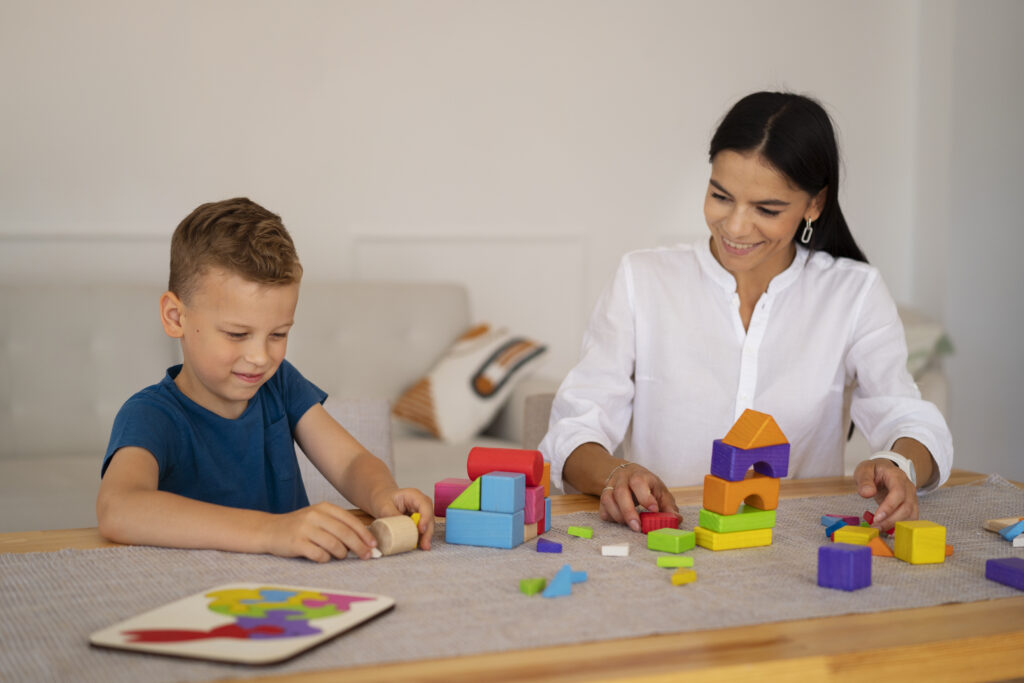What age should a child see a speech therapist? It’s a question that lingers for many parents: When should a child see a speech therapist? There’s rarely a single, obvious moment. Instead, it’s often about noticing the small things—tiny cues that suggest your child may need a little extra support. Every child follows their own …
What age should a child see a speech therapist?
It’s a question that lingers for many parents: When should a child see a speech therapist? There’s rarely a single, obvious moment. Instead, it’s often about noticing the small things—tiny cues that suggest your child may need a little extra support. Every child follows their own path, but understanding when a child needs speech therapy can make a real difference in how they learn and communicate.
Children grow and develop at their own pace. However, knowing what to look for is helpful. And honestly, if something feels off, you’re probably already halfway to the answer.
Why Early Help Matters
It really can’t be stressed enough: the earlier you pick up on something and just bring it up with someone, the better the outcome tends to be. Speech and language delays, they can be a bit tricky to spot sometimes. Often, it’s just a little thing – maybe they’re not babbling quite as much as you’d expect – but those minor concerns? They can sometimes snowball if we wait too long. That’s precisely why everyone talks about how much of a big difference early intervention truly makes.
So if you’re wondering what age to start speech therapy, think sooner rather than later. You don’t need to wait for a huge red flag. Even if it’s just a nagging feeling, it’s okay to ask questions. When does a child need speech therapy? Sometimes the signs are big, sometimes they’re subtle—but either way, getting answers early can make all the difference. It’s not about rushing into therapy—it’s about knowing what’s going on.
A Few Things to Watch For
From babyhood to preschool, there are some general signs that might show up. Again, don’t panic if your child’s a little behind here or there. But if they’re missing several of these, it might be worth checking in.
Around 12 to 18 months:
When babies begin to talk they may often sound like they’re just babbling and making noises; however, they will begin to say things like “mama”, or “bye”, and they may start to respond when you call their name. If none of that is happening, or they’re mostly quiet, that’s something to bring up with your pediatrician.
18 to 24 months:
This is when a lot of kids have a burst of words—sometimes 50 or more by the time they’re two. They’ll start combining words, too, like “want juice” or “go park.” If they only have a few words, aren’t combining them, or are hard to understand even for you, that’s a flag.
2 to 3 years:
At this point, you ought to be able to understand most of what they are saying—at least half at age two, and closer to three-quarters at age three. If you’re continually asking, “What was that?” or they look frustrated when trying to explain things, that’s something to look into.
3 to 4 and up:
At this stage, children actively participate in conversations. They can follow basic directions, engage with peers, and speak with longer sentences. But, if a child struggles to speak clearly, is a frequent stutterer, does not communicate very much at all, or has difficulty picking up social cues; that’s definitely a moment to consider speech therapy. For families wondering when to start speech therapy for toddlers, these kinds of signs are often where those questions begin.
Oh—and if your child used to say words and then stopped? That’s never something to ignore.
What to Do If You’re Concerned
Talk to your child’s doctor first. Just bring up what you’ve noticed. They’ll help you figure out if it’s typical or if something’s worth checking out a bit more.
If speech therapy comes up—and it might—it’s not a big leap. No matter where you are, there are always professionals who know how to spot what’s going on. Some kids need help with speech, others with language or just how they talk to people. A speech therapist can take a closer look and explain what they see. If they think support could help, they’ll guide you through what happens next.
Final Thoughts
If something’s been bothering you—even just a little—it’s definitely worth paying attention to. Seriously, nobody knows your child better than you do. You’re the one seeing those subtle things. You’re noticing the tiny shifts. And if something simply feels off? It’s completely okay to ask about it. Speaking up early can really make a profound difference. Because sometimes, it’s not just about helping a child talk—it’s truly about making sure they feel seen and understood.
If you’re not sure where to start, Extra Steps is here to help guide you. We work closely with families to figure out what kind of support a child might need—whether it’s speech therapy, language help, or just someone to walk through the process with you. Sometimes, having the right people beside you makes all the difference.




